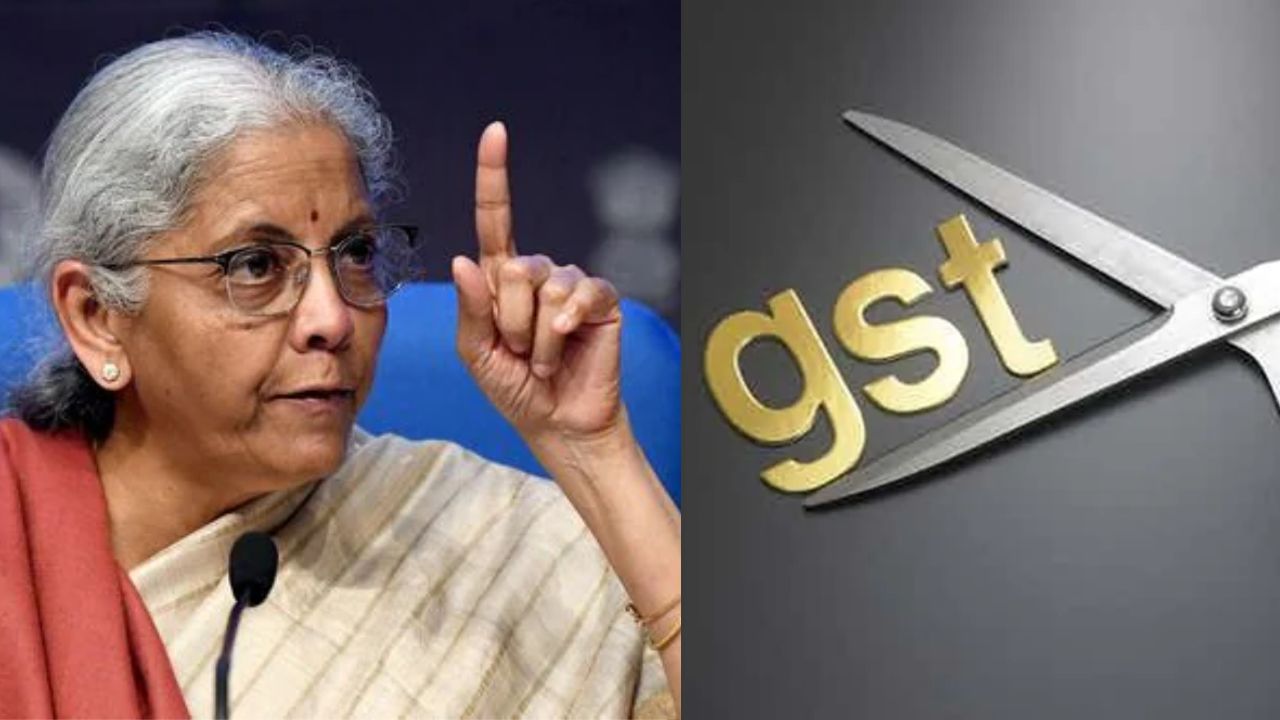The Indian government’s GST reforms, effective from Sept 22, 2025, aim to reduce costs of essential goods, increase taxes on luxury items, and provide relief to inflation-hit families.

How will GST 2.0 impact your life?
New Delhi: The Indian government has implemented a new tax system, called GST 2.0, effective September 22, 2025. Its purpose is to provide relief to the common man, control inflation, and make the tax system more straightforward and understandable.
The government wants to make items used daily in every household—such as food, medicines, and children's educational materials—affordable to reduce the burden of expenditure on the common man.
GST cut makes top 5 compact SUVs up to Rs 1.64 lakh cheaper; Deets inside
On the other hand, taxes have been increased on items considered luxuries or harmful to health, such as cigarettes, alcohol, and expensive cars—to reduce their consumption and generate more tax revenue for the government.
The government has either eliminated (0%) or significantly reduced (5%) taxes on many essential items. This has made many everyday items cheaper:
Food and beverages
Milk, cheese, bread, flour, sugar, ghee, pasta, biscuits, etc. will now be cheaper than before.
Household items
Soap, toothpaste, shampoo, kitchen utensils, and furniture will also be taxed less.
Children's education
Educational materials like pencils, notebooks, and charts will no longer be subject to GST.
SBI expects retail inflation to fall
Medicines and insurance
Taxes on 33 essential medicines have been abolished. There is also no tax on health and life insurance.
Agricultural equipment
Taxes on tractors, irrigation equipment, and agricultural machinery have been reduced to help farmers.
The government has also decided to increase taxes on items that are not essential or that harm people's health:
Expensive Vehicles
Bikes above 350cc, large SUVs, and luxury cars will now be more expensive.
Entertainment and Gambling
Taxes on casinos, race clubs, online betting, etc. have been increased from 28% to 40%.
Harmful Items
Cigarettes, tobacco, energy drinks, and soft drinks have also been heavily taxed.
Railways reduces Rail Neer water prices after GST reduction; Effective 22 September
GST 2.0 is an attempt to strike a balance. The government wants to reduce the burden on the common man's pockets while imposing higher taxes on items that are not essential or harmful.
This will provide relief to the public and, on the other hand, generate more tax for the government, which will be used for national development.